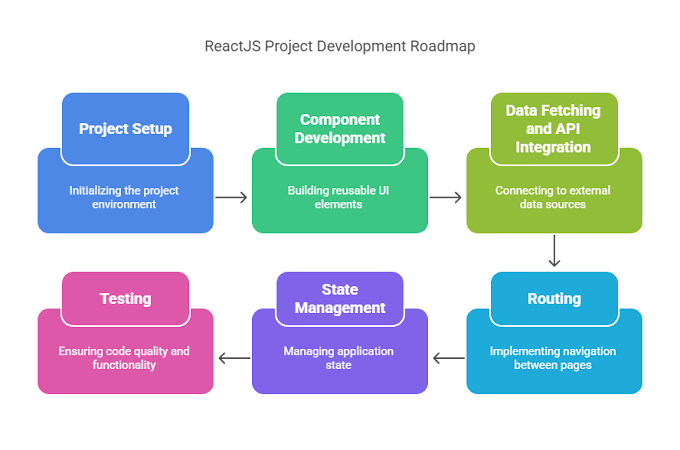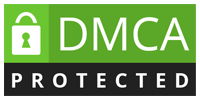It's time to put critical and creative coding concepts ahead of syntax and rote memorization.
"Learn to code" has been a hold back for business people for over 10 years. Need to begin a business in the high-development universe of investment bonuses and IPO fortunes? Learn to code. Have an unassuming thought for an advanced item? Learn to code. Need your business to make due into the mid-21st century? Learn to code.
"Learn to Code" is a fallacy.
Why? Since current online business requests new and consistently evolving innovation. Since TV ads have been supplanted by TikTok cuts. Since regardless of how great your thought is, there's likely effectively an application for that.
I accept the entirety of that.
I'm without a doubt a coder, and I immovably accept that figuring out how to code ought to be a piece of everybody's schooling. This isn't a tirade against figuring out how to code; it's a call to supplant the "Learn to code" development with "Figure out how to No-Code."
The anyone can-code mantra was consistently similar to advancing world harmony. It's an extraordinary thought, everyone needs it, and it's not difficult to have faith in - until you dive into the subtleties and need to settle on a decision on each side of each contention.
The contention call that consistently raises its head with "Figure out how to Code" is the point at which you need to sink time into figuring out how to code and are that a lot farther behind on fostering an extraordinary thought, executing it, and deciding whether there's a business opportunity for it.
In reality, there are opportunity expenses, and they begin including the second a business person chooses to do whatever else aside from execute.
Once more, I can't pressure enough what amount having the option to employ innovation during the 2020s will have an effect in your prosperity remainder. In any case, before you "Figure out how to Code," you need to choose whether you need to be a coder. Since the split between low-level and undeniable level innovation is developing each day.
Times have changed, but the source code hasn't.
At the point when I was in secondary school, I took programming courses. I adored PCs. Adored them. At the point when I got to school, I spent a semester in PC designing, and I loathed it. Since what I was really realizing was the way to give the developers the apparatuses they expected to assemble the things I needed to fabricate.
I comprehend this way of thinking - that a specialist has to have a deep understanding of science before they make their first cut.
Innovation isn't care for that.
When I moved on from school, writing computer programs was in the rearview. Also, I didn't contact code again until I joined my initially startup. Then, at that point I dove in, in light of the fact that I rediscovered my energy for innovation and how it very well may be utilized to fabricate something from nothing.
Quick forward to the present time, and my twin little girls both just wrapped up secondary school courses in Java. While they progressed admirably, they didn't appreciate it. Those courses not the slightest bit filled the sort of enthusiasm that would drive them to make something from nothing. They took in a great deal of language structure. They disgorged it for the last. They aced the last.
Furthermore, that is the issue. They shouldn't have been figuring out how to code; they ought to have been figuring out how to no-code. The equivalent is valid for each individual who doesn't have the foggiest idea how to code and needs to fabricate something from nothing.
Learning to code is for technical founders.
Students actually have no clue about how much innovation ought to be a piece of what they need to turn into. But, indeed, in the event that they need to get familiar with the "Book of Java" and each other central language to make a full stack without any preparation, they will flee shouting.
Then again, no-code shows basic and innovative coding plan, and it does this through experience, examination, and genuine use cases. For any individual who realizes they need to get a strong handle on innovation to be fruitful, these ideas are definitely more significant than remembering linguistic structure.
Indeed all that low-level code has been boxed and bundled for significantly more than the expression "no-code" has been near. It's simply occurring at a more elevated level at this point. The present top low-level coders are not focusing on building similar corporate applications again and again. All things being equal, they're fabricating better instruments that others can use to make novel applications that address new issues that can be tackled simply by individuals whose instructive and vocation experience has been some different option from low-level code.
No-code is for everyone, but especially entrepreneurs.
I assembled my organization, Teaching Startup, without composing a solitary line of code. I did this to demonstrate that it very well may be finished. It's not awesome, yet we got to 100 clients before long, and we continue to develop, and the no-code isn't breaking.
With income coming in, I can ultimately recruit genuine coders to compose genuine code when genuine code is required. Also, I'll have a certifiable guide prepared for them to follow, so it will not cost close to so much.
Not just that, with no-code, I've had the option to distil a higher perspective thought down to more modest advances, which permits me to zero in on the "innovation" I need for the business to be fruitful and not sit around idly fabricating "innovation" that nobody is truly going to utilize.
No-code will continue to get more real.
Like any coder, I was suspicious of the idea of no-code arrangements from the get go, particularly for people who don't have a specialized foundation. Be that as it may, while there were just a modest bunch of choices only a couple years prior, no-code is getting all the more genuine constantly.
There's a huge load of help now accessible to no-coders. There are a huge load of assistant applications currently, as Zapier and Slack, to make associations between applications. Also, the greater part of the major SaaS stages are building web guides into their items to have the option to coordinate with their applications. These applications can be connected through a solitary no-code stage, bringing about many wheels that simply don't should be remade.
There are stages like Flutter, which can consistently weave no-code and genuine code together. Or on the other hand there's Bubble, which allows you to fabricate programming with no sentence structure.
No-code business people don't need to take on as much danger investing energy and cash on something that will not sell. Indeed, in case you're great at no-code, it pays for its own turn of events.
In any case, generally significant, when we begin advancing no-code as the main choice for figuring out how to code, we presumably produce better and more valuable coders.
#viastudy













.gif)
0 Comments